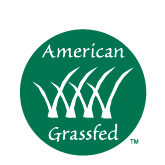Pasture Grazing Cattle
As large herbivores, cattle evolved to forage constantly. Since the dawn of time, there has been a symbiotic relationship between the land and grazing animals. Poor pasture grazing practices have destroyed that symbiosis, but regenerative grazing can restore the connection and allow soils and plants to thrive once more.
100% grass fed beef delivery from Thousand Hills Lifetime Grazed provides you with nourishment from an animal that spent its life consuming the best nutrition possible. These cattle did not eat grain or byproducts, nor were they fed antibiotics or growth hormones, as is the case with feedlot cattle. We all eat, and we all make choices when it comes to food. Knowing how your food is grown and raised, and how those practices affect the planet, is necessary for making informed and sustainable choices.
Why Is Pasture Grazing So Important?
Pasture grazing benefits livestock and the land. Before cattle roamed pastures, herds of elk, bison, and other ungulates disturbed the grasslands with their hooves. This disturbance helped plants grow and was part of the vital cycle providing habitats to native plants and species. It encouraged carbon sequestration, a critical factor in a world now threatened by climate change due to excessive carbon dioxide in the atmosphere.
Pasture grazing is an integral component of regenerative agriculture. This holistic manner of farming and ranching was widely practiced before the rise of modern industrial agriculture.
Pasture grazing requires a grazing plan, and not all management plans are environmentally healthy. That is especially true of continuous grazing, which is exactly what it sounds like.

Rotational Pasture Grazing Livestock
In many regions, continuous grazing is the norm. The cattle forage and move on the same pastures for the entire growing season. Using this system, pastures become overgrazed, and the quality and variety of forage deteriorate. For instance, cattle will choose their favorite forage species and devour these plants until they disappear and only bare soil remains. Other plant species, not quite so delectable, are ignored. These species then grow beyond the stage at which they are most nutritious. Too much hoof traffic due to continuous grazing has a detrimental effect on the soil.
Rotational grazing allows forage plants to rest. The net effect is that they then grow more quickly and the forage is more productive. The plants also absorb more carbon.
When rotational grazing is started on acreage that formerly used a continuous grazing system – resulting in overgrazing, poor soil conditions, and water pollution – a rotational system can provide the basis for healthy pasture regrowth and water quality improvement.
Pasture Grazing’s Effect on Meat
One hundred percent grass fed beef does not contain the heavy marbling found on cattle finished on grain in feedlots. That marbling is simply intramuscular fat. Grass fed beef is leaner, and much healthier for the consumer. Pasture grasses are nutritionally complex, and that translates into more nutrients in grass fed beef and better taste. Packed with antioxidants and B vitamins, this nutrient-dense meat provides more energy with fewer calories than grain-finished beef.


Benefits of ordering pasture grazed beef
What is grass fed beef and what are its benefits? At Thousand Hills Lifetime Grazed, we know the benefits reach far beyond the additional nutrients found in the meat and its low fat content. Grass fed beef is healthier for the body and is far healthier for the environment than cattle raised in confined animal feeding operations. However, cattle grazed using regenerative practices contribute to soil health, carbon sequestration, and increased biodiversity. That is not as true as cattle raised on pasture but not with these stringent management practices.
Visit our online store today and order the finest 100 percent grass fed beef products available. Take advantage of our subscription offerings and receive an assortment of 100 percent grass fed beef delivered to your home each month.


